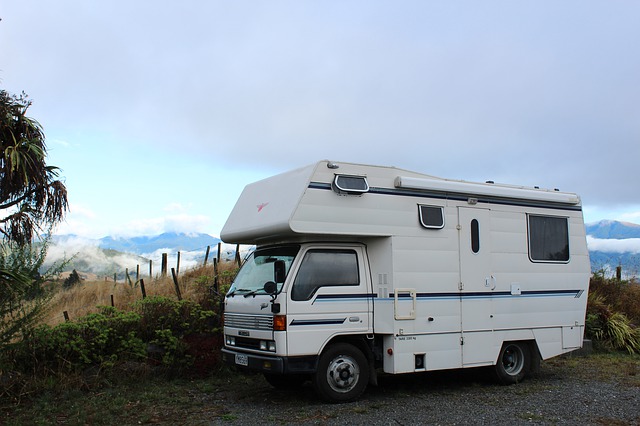New changes to freedom camping have been warmly embraced by Ruapehu District Council.
Ruapehu executive manager regulatory and customer services Warrick Zander says Council’s compliance arm was pleased to see changes to freedom camping rules which bring increased flexibility to safeguarding the environment and upholding the welfare of our communities.
“The new Self-contained Motor Vehicles Legislation Act emphasizes the need for responsible camping practices and addresses several key issues that were giving freedom camping a bad reputation,” he says.
“With the new Act now law it has paved the way for a more sustainable approach to freedom camping.”
Under the new regulations, vehicles must be certified self-contained to engage in freedom camping on local authority land.
Notably, vehicles with portable toilets are no longer eligible for certification as self-contained.
Additionally, changes to infringement fees and fines have been implemented, with the default fee set at $400 until the introduction of new tiered fees from July 13, 2023.
“These infringements are applicable in cases such as inappropriate waste disposal, environmental interference or damage, and failure to comply with enforcement officer directives to leave a local authority area,” says Warrick.
“It is important to emphasize that the rules governing camping in tents, camping in vehicles at commercial campsites, and camping on private land remain unchanged and the legislation does not apply to people affected by homelessness.”
Council welcomes freedom campers who adhere to the new rules and respect our environment and communities, he says.
“Ruapehu is a destination that values responsible tourism, and we are grateful to the majority of freedom campers who respect our natural treasures.
“The new rules are in line with the Council’s and Visit Ruapehu’s commitment to sustainable and regenerative tourism that is beneficial to local communities.
“We believe that new legislation will help contribute to maintaining the ‘social license’ of the tourism industry, ensuring a harmonious and sustainable coexistence between visitors and locals,” says Warrick.



